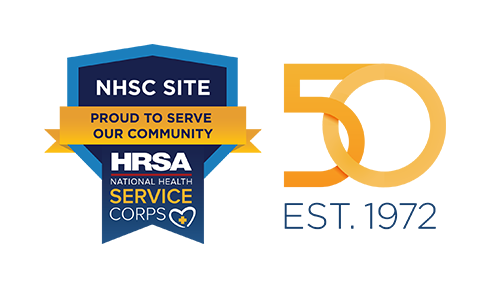Post-traumatic Stress
Trauma-informed Care
Many behavioral health problems are universally linked to a traumatic experience – which most often happens in childhood, but can also happen later into adulthood. Traumatic experiences can include physical, sexual or institutional abuse, neglect, family dysfunction, life-changing disasters or fear. The affects of these traumatic experiences often result in recurring feelings of shame, guilt, rage, isolation and disconnection.
Unfortunately, individuals who experience trauma keep it secret or live life in denial. Trauma affects every area of human functioning – physical, mental, behavioral, social and spiritual, and if left untreated, can significantly affect the individual’s overall well-being.
However, there is good news. Through an approach called trauma-informed care, individuals are able to receive help and begin healing after their trauma. Trauma-informed care enables treatment providers to recognize the presence of trauma symptoms in a consumer and acknowledge the role trauma played in his or her life. Rather than a provider asks, “What is wrong with you,” they will instead ask, “What happened to you?”
Trauma-informed care is a not one-size-fits-all method either. Several evidence-based models and promising practices are designed for different populations, types of trauma, and behavioral health manifestations.
Learn more about trauma-informed care:
The National Council for Behavioral Health
Substance Abuse and Mental Health Services Administration






